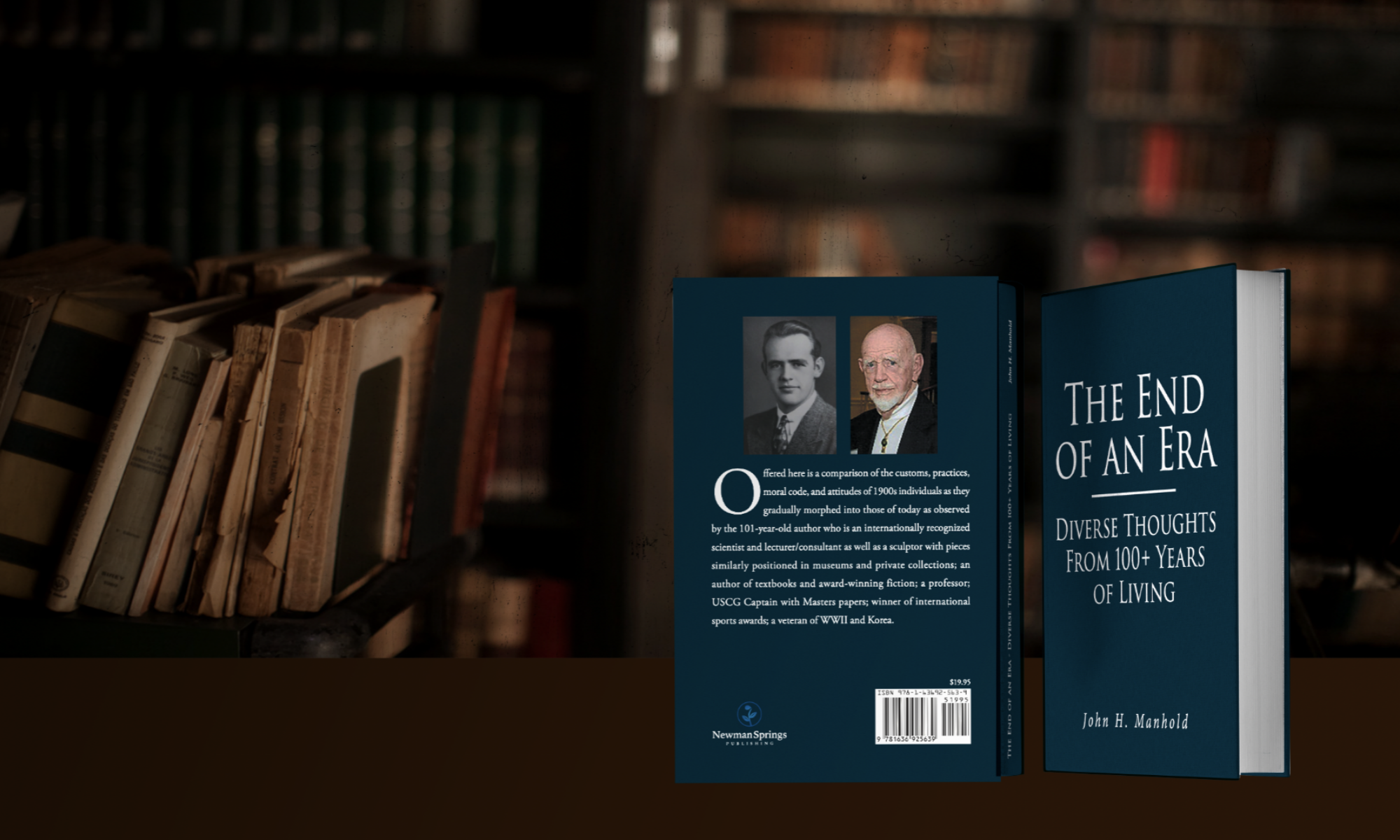When Life doesn’t turn Out the Way We’d Hoped it would ISBN: 0791973719830 Create Space Independent Publishing Copyright and written by Tom Wick.
In this 3rd book the author details his tour of duty as a young enlisted sailor aboard the USS Gridley CG-21 (West Pac 81-82 Cruise Book) that took him into the Indian Ocean during the Iran Conflict and beyond. It first presents the frequently repulsive antics engaged in by ‘old salts’ indoctrinating pollywogs into Shellback status as they “Cross the Line” (Equator) for the first time. He also describes levels of Shellbacks awards for particular crossings and certain ‘Fraternities’ for other types of crossings; e.g. crossing the Arctic Circle, Antarctic Circle, International Dateline, etc. After this test, he was awarded ‘Ship’s Liberty’ in their first port to celebrate New Year’s Eve in Pattaya Beach, Thailand in 1982. Next he describes Thailand in general, its travelogue features and those of its capital Bangkok. Numerous pictures are provided here as well as in the pages following. In the beach area, Kickboxing shows are offered at several beer bars. Go-go bars, nightclubs, and discotheques are in abundance. Sexual, as well as authentic, massage parlors also are numerous and he describes World-famous Walking Street as the center of night life, although seemingly the rest of the area was well supplied. Additionally, the reader is informed that Pattaya Beach had the second largest concentration of gay oriented enterprises in Thailand with Bangkok the largest. Besides Tuk-Tuk busses (pictures included), there was cheap public passenger pickups called songthaews or baht-busses because Thai currency is the baht and they’re cheap. Repeated accounts of his amorous escapades with his 3 lovely Thai prostitutes are provided as well as other similar escapades in the other ports covered. These other ports are Hong Kong with description of weather, demographics and points of interest as well as nearby Kowloon. Sasebo, Japan, again a complete general description and year’s weather report as well as an overview of Sasebo with a post-WWII note preceded by brief historical notes on beginnings of WWII. Pearl Harbor, Hawaii, is next where travelogue descriptions again are set forth. The final port of San Diego ultimately is reached and he is met by family. The descriptions of his sexual and drug/alcohol activity, of his shipboard tasks, how the USS Gridley was named and lessons on the Geographic Coordinate System are so prominently and repeatedly described it becomes a bit annoying.
Discussion: In my review of the first book by this author (June, 2020) I wrote: “The material covered in this first book in the series presents, in quite explicit detail, quite lengthy descriptions of the repetitiously indulgent activities of the author, his family, friends and acquaintances as he moves among several locations. However, there is an overlying tone of a man somehow repentant of much of his activity and, as a result of some unnamed factor, ultimately realizing the ‘error of his ways and being ‘born again’ as a Christian. Although the causative factor is not mentioned per se, when he failed 1st grade a psychiatrist diagnosed him as having ADHD (Attention Deficit Hyperactivity Disorder). This long-standing dysfunction, in combination with being brutally beaten, raped and suffering a degree of PTSD could have left him totally repentant for the meaningless sex, constant drug and alcohol abuse and the rest that caused him intense feelings of alienation, isolation, and loneliness.”
The author again has presented a book that presents a maximum amount of thought. Here he still participates in abundant sexual and drug activity “we shot some heroin, smoked some pot, and made love again.” “After our shower, we smoked some pot, got dressed and had some breakfast.” And similar phrases and sentences repetitiously are supplied, but in this volume he does not exhibit any of the repentance shown in the first book. However, the fact that a young man just barely out of his teens and with the background of family psychotic behavior, dysfunctional acquaintances from childhood, and personal problems he has encountered from a very early age, should have the tenacity of purpose to attempt to write a series of books is, at least to this reviewer, amazing. It is most unfortunate that he has not encountered an editor or other sympathetic person who would have been able to aid in his endeavors. His attempts really show promise.
3* Extremely difficult to rate; 2*- 4* dependent upon degree of analysis.
